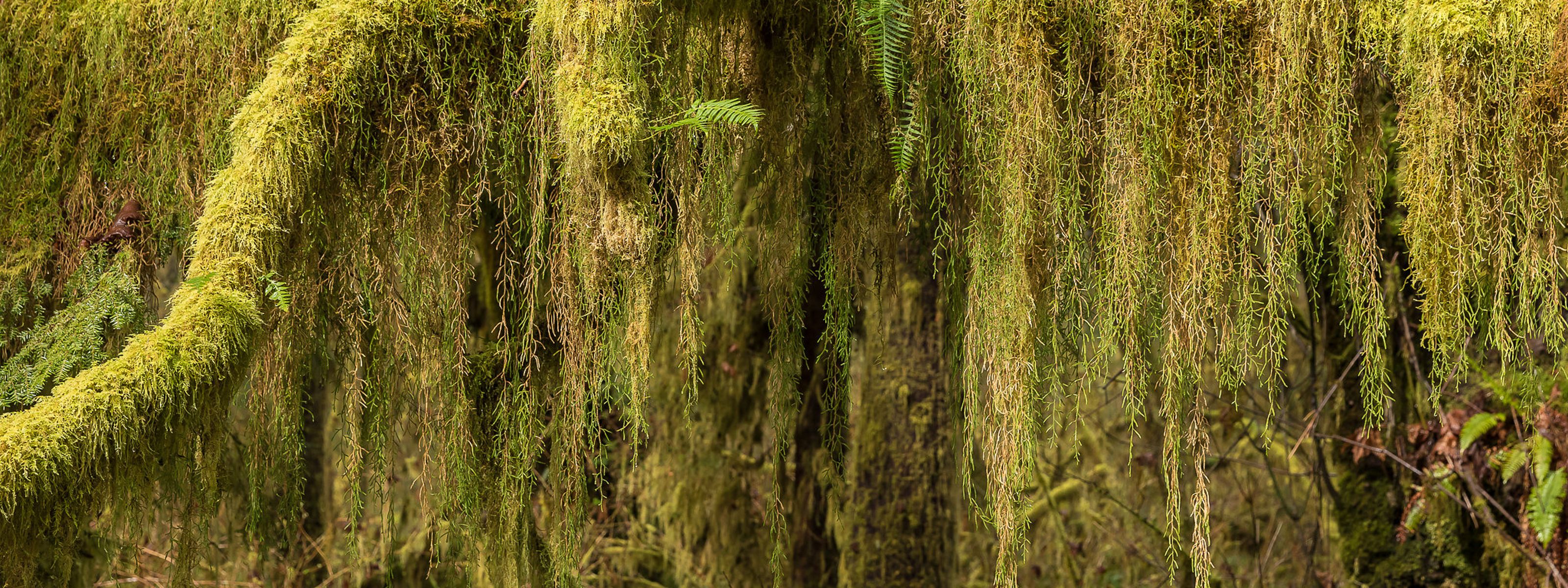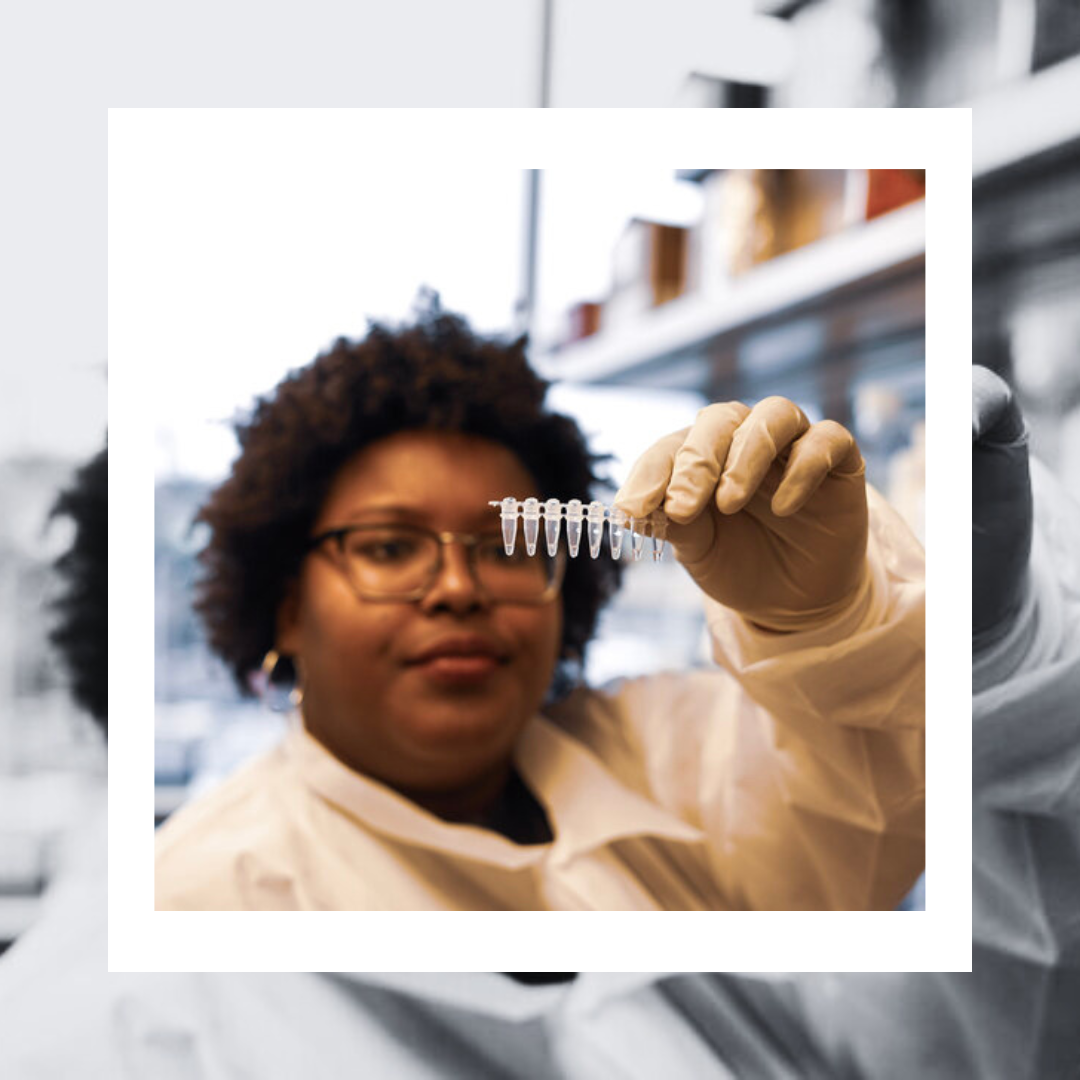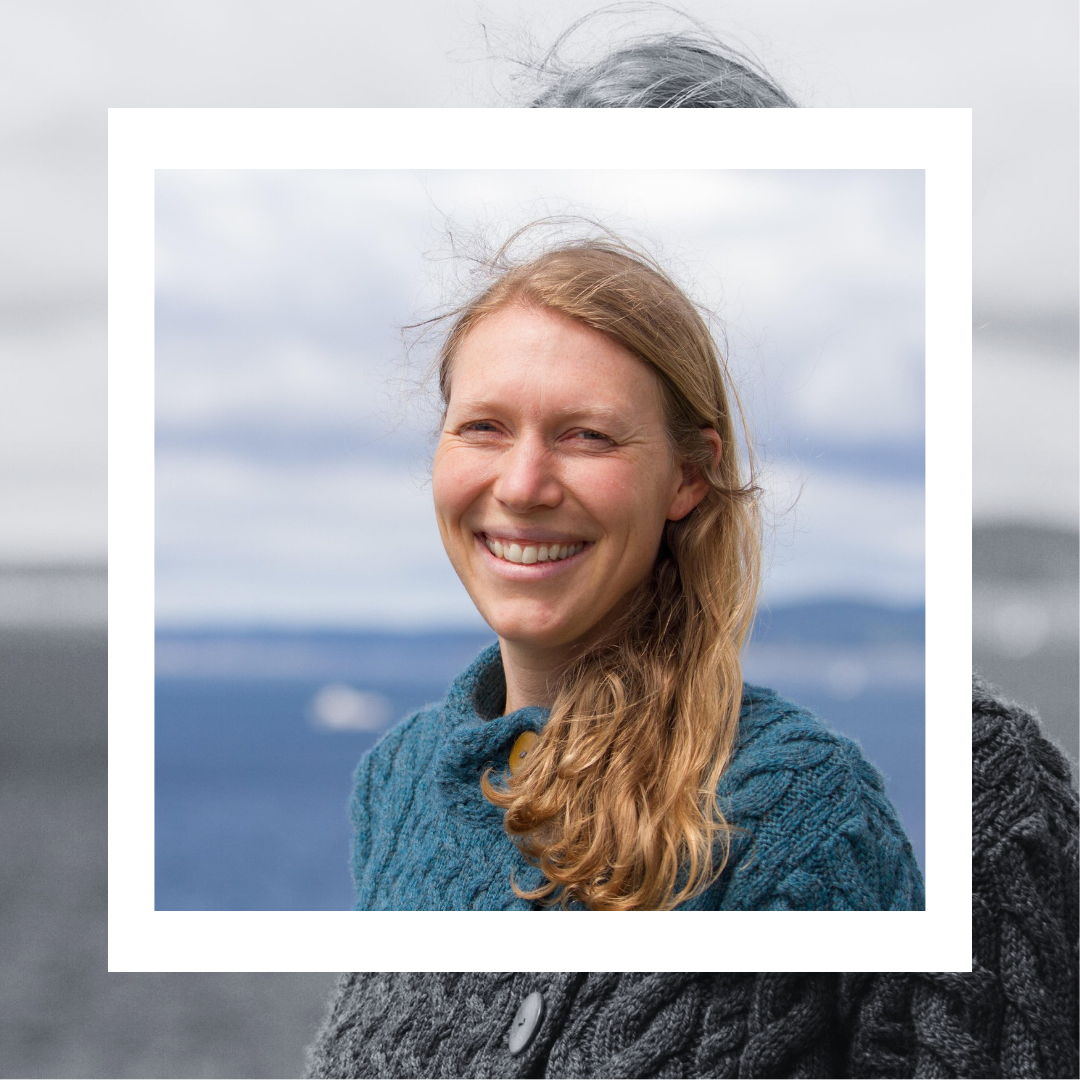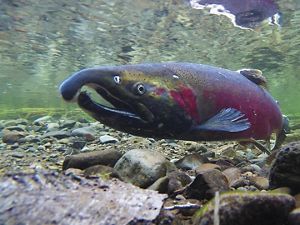From scientists to burn bosses, lobbyists to land stewards, DEI practitioners to fundraisers, the women and femmes staff at The Nature Conservancy in Washington contribute some of the leading interventions in conservation while simultaneously facing unique challenges in a field dominated by men. This Women’s History Month, 2024, we’re exploring the backdrop of our colleagues’ triumphs by turning attention to gender inequity in the conservation field.
Gender norms often hold women and girls across the globe responsible for stewarding the physical, spiritual and cultural well-being for their communities—a dynamic that leaves them at “the forefront of addressing the impacts of climate change and environmental degradation,” a 2019 report states. Despite this, “only 0.2% of all foundation funding focuses explicitly on women and the environment” (Global Greengrants Fund, 2019).
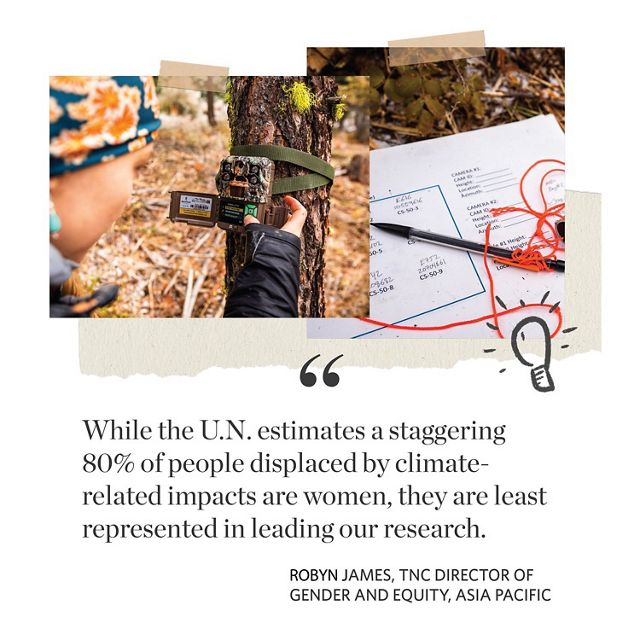
Funding exclusion is not the only barrier women in the field navigate. Workplace politics systemically pose a threat to women seeking meaningful seats at decision-making tables. TNC’s director of gender and equality for Asia Pacific, Robyn James, completed a survey of more than 900 TNC staff across the globe, showing gender biases strongly influence women in the organization in four major ways: 1) Women feel there are limited opportunities for contributing to conservation and science when compared to men; 2) Women expressed their gender played a key role in restricting their careers; 3) Women experience sexual harassment and discrimination, and when reported, they are at higher risk of retaliation than men; and 4) Women say they experience the field to be less equitable than men perceive it to be.
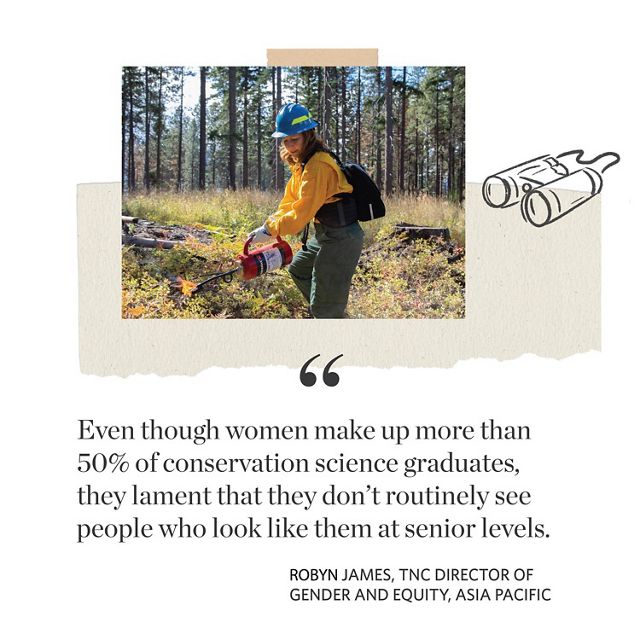
As such, accomplishments by women in the field almost always hinge on their ability to traverse gender biases. In some cases the systemic barriers they face are so great, they are relegated to roles outside their area of study—such as formally trained scientists supporting conservation through operations roles, fundraising or marketing. Carolina Chambers, philanthropy campaign administrator at TNC in Washington, experienced just this, saying, “It was really challenging for me to find a place in [marine biology], doing research, where I initially wanted to be.”
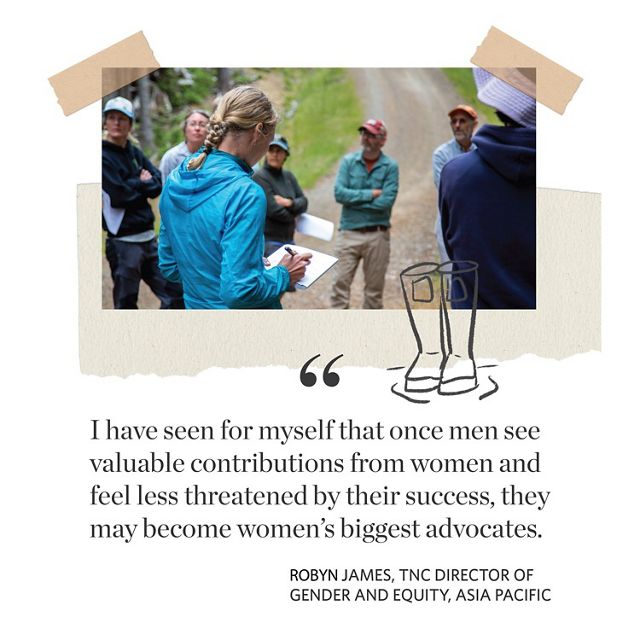
Carolina goes on, “Being a Latina is also an added factor. In the U.S., where I went to school, I was the only Latina. It’s harder to find a place, find community, find leadership that you can relate to and be supported.” Despite this, Carolina’s motivation to contribute to conservation never wavered, and she says she’s grateful to work in a philanthropy role that supports a greater mission. For more insight from Carolina, listen to our full recorded interview below.
Leah Palmer 00:00
Hi. I'm Leah Palmer, writer and editor at TNC. Washington. This March, I sat down with Karolina chambers, philanthropy campaign administrator at TNC, Washington to chat about what it's like to be a woman in conservation. Her insights and challenges align with recent studies that show significant gaps in support for women in conservation.
Carolina Chambers 00:27
As a Latino in conservation, I understand I'm kind of experienced the challenges of doing research and feel. However, I'm grateful to have found a place here in TNC, where I can contribute to conservation through philanthropy. I believe that no matter your role, whether you are on the operation side, or philanthropy, you're still contributing to the conservation feild in different ways. And, again, I'm very grateful I found that space just because it was really challenging for me to find a place in the field and doing research where I initially wanted to be.
Leah Palmer 01:18
Why was it challenging?
Carolina Chambers 01:20
First of all, there's not a lot of women in conservation and then being a Latina, it's also like, an added factor, right? Like there's not that many, at least in the US, right where I went to school, probably, I was the only Latina so it just felt. It's just harder to find a place find community, find leadership that you can relate to and be supported, right? Like I just never felt there was a space for me. I never felt like welcome. Even though, you know, I had great colleagues and made friends but like it just felt like it wasn't a place for me for many different reasons.
Leah Palmer 02:16
A 2019 report by Global Green Grants Fund says only 0.2% of foundation funding globally focuses on women led innovations in the environment. And a 2023 survey published by TNCs, Director of Gender and Equality for Asia Pacific, Robin James, shows that gender biases strongly influenced the women in our organization.
Carolina Chambers 02:40
Even though I tried to find different roles through my career, I always was trying to find like going back to like supporting what I'm passionate about, which is in my case was marine biology. So like, trying to find another organization where I can like apply my knowledge and my love for conservation but not necessarily be the person in the field doing research just because like of my bad experience, like I just felt like that was not my place and I hope like in the future like that changes and like maybe like other Latinas in the future, like find a better support system to succeed in that field.
Leah Palmer 03:38
So what's happening here? Well, Robin James et all identify four major themes impacting women at TNC. Women feel there are limited opportunities for contributing to conservation and science when compared to men. Women express their gender played a key role in restricting their careers. Women experienced sexual harassment and discrimination, and when reported, they are at higher risk of retaliation than men. Women say they experience the field to be less equitable than men perceive it to be. What would you like to see for the future of women in conservation or Latinas in conservation? Well, just
Carolina Chambers 04:26
I feel like having more leadership that reflects your identity and on they can like support you better that probably would be like the best way. And I'm talking more from my experience in academia and trying to navigate you know, like, finding a job after that is so competitive, there's not a lot of well paid jobs and conservation out there. And so like those that are available are very competitive and, and so I felt like I was always less qualify that other people just because English is not my first language and like many other factors. So yeah in the future, I just feel like the more diverse the field can become, the better opportunities to not only use Latinas but just like women in general and other minorities, right like this is a pretty white male dominated field so hopefully we're moving towards more equitable.
Leah Palmer 05:42
Yeah, I hope so do thanks for sharing that. This Women's History Month, celebrating the accomplishments of women like Carolina without acknowledging the barriers they face to achieve them is a disservice.
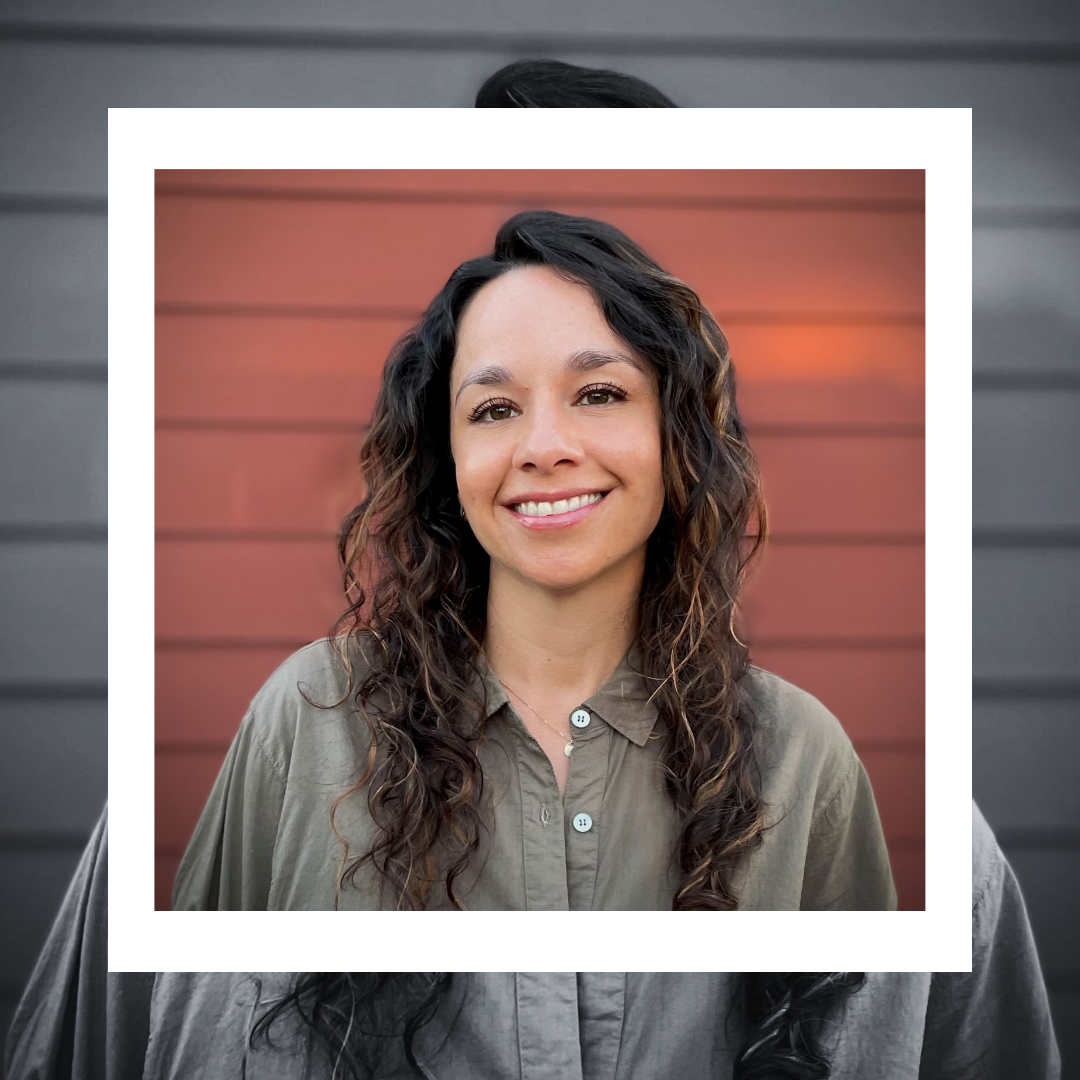
Carolina Chambers
Carolina Chambers, philanthropy campaign Administrator at TNC in Washington, shares her experiences as a woman in conservation in a recorded interview.
Her story is one of many at TNC in Washington that illustrate the complex terrain women in conservation navigate, but it’s important to note her story is not representative of all. Beyond Women’s History Month 2024, TNC in Washington will continue to explore a diversity of voices in our organization, learning how women and femmes experience the intersection of thier identity and work. As Robyn James, director of gender and equity, TNC in Asia Pacific, guides, “We should make sure our own teams reflect the diversity we seek. That way, we not only lead by example, but we strengthen our own organization with diverse voices, skills and styles of leadership. Equally important, we must make sure we don’t see women as a monolithic group. Women from different cultures and parts of the world have different needs and face different challenges.”
TNC Women Standing in Their Full Power
Organizations that primarily focus on supporting innovations by women and femmes in conservation are often framed as empowering. But, Zinab Salbi, founder of Daughters for Earth, recently offered an important reframing of that idea, saying, “When it comes to protecting the Earth, women do not need to be empowered. They are in their full power." Explore stories across TNC of women who are standing in their power:
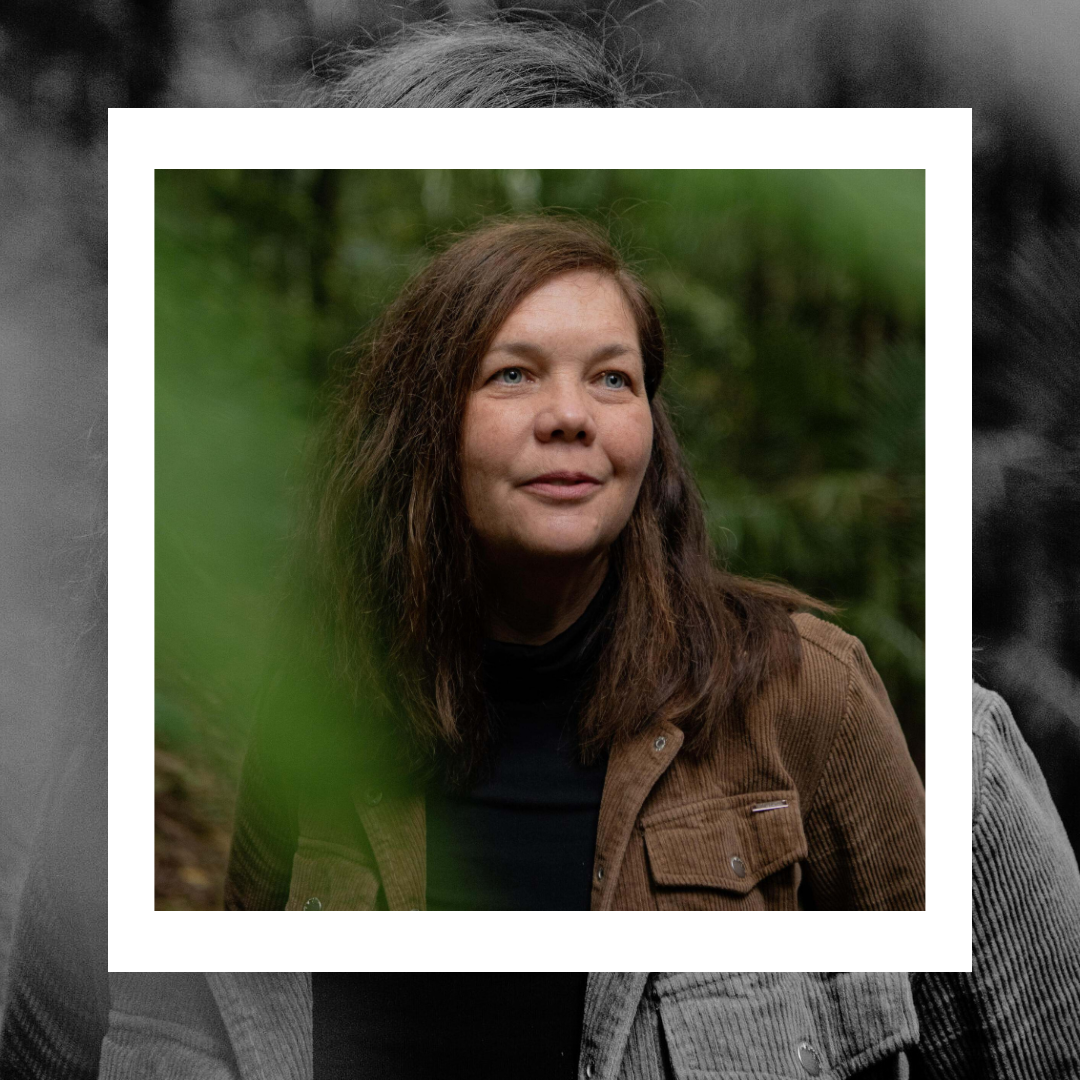
Credits:
Audio Engineer, and Producer: Leah Palmer
Guest: Carolina Chambers, TNC Philanthropy Campaign Administrator
Music:
- "Wholesome" Kevin MacLeod (incompetech.com), Licensed under Creative Commons: By Attribution 4.0 License http://creativecommons.org/licenses/by/4.0/
- “Forgotten Waves (Loop 1)” AndromedaX8, Liscensed under Pond5
- "Loopster" Kevin MacLeod (incompetech.com), Licensed under Creative Commons: By Attribution 4.0 License, http://creativecommons.org/licenses/by/4.0/
We Can’t Save Nature Without You
Sign up to receive monthly conservation news and updates from Washington. Get a preview of Washington's Nature News email.
